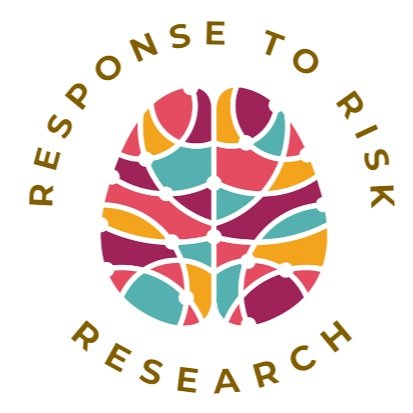About Us
The Response to Risk group represents a collaboration of research studies that work with youth and young adults who are experiencing recent changes in their thinking, mood, and/or behavior that suggest they may be at Clinical High Risk for developing psychosis.
Our studies aim to:
improve our ability to identify youth at risk for psychosis,
better understand why some young people are more at risk than others,
foster resilience by developing treatments that aim to improve social, family and school functioning, and
learn how to prevent for serious mental illness symptoms from developing.
We are researching the effectiveness of family interventions and school coaching to help support youth who have experienced these changes. We are also conducting research studies that investigate specific bio-markers that may underlie some of the changes in our youth are experiencing. Those who are eligible for our programming can receive family support, school/work support, and comprehensive clinical assessments.
About our Department (Psychosis Research Program)
The Psychosis Research Program (PRP), formerly called Commonwealth Research Center, based at the Massachusetts Mental Health Center (MMHC) and under the direction of Matcheri Keshavan, MD, is a program of the Beth Israel Deaconess Medical Center Department of Psychiatry, Harvard Medical School Department of Psychiatry (HMS) and the Massachusetts Department of Mental Health (DMH). The CRC was created in 1988 at the MMHC as an expression of a commitment by the Massachusetts DMH to rekindle its long-standing support for the cutting edge quality of clinical research on schizophrenia and related psychotic disorders that had long been a hallmark of MMHC.
The PRP directs programs for the early intervention and prevention of psychotic disorders, with a particular emphasis on the early phases of psychotic illnesses (including the "prodromal" period before frank psychosis develops).
“The goal of this work is to prevent or delay the onset of psychosis - or attenuate the symptoms - and improve lifestyle through early intervention.”

